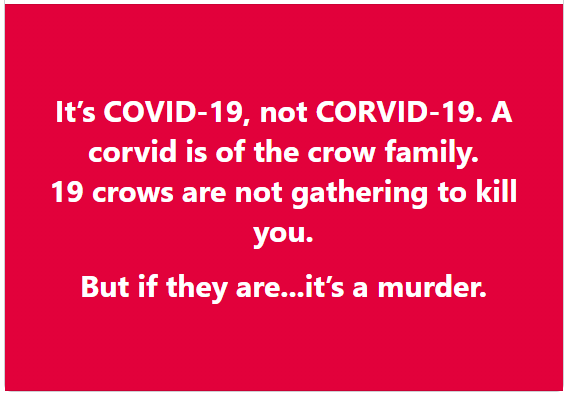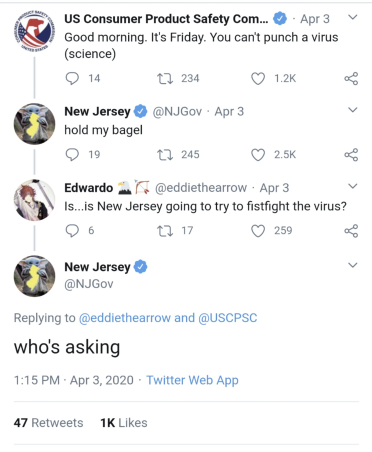One of the issues I see all the time, on this board and on games, in myself and in others, is the dreaded FOMO. Feeling that you're not quite invited to the real party. You don't quite belong in the inner circle. Plot doesn't quite make it out to where you are. When things happen, they are over before you get to get involved. The same song on repeat from game to game -- there's an inner circle and then there's the rabble who never feel like they truly are included.
Please note: There are absolutely games where staff encourages an inner circle to close up and fuck the rest. Disregard those games for the purpose of this thread; I want to talk about games and game running where the intent (successful or not) is to include anyone who wants to be included.
It's something I keep in mind as a story runner, regardless of where I have been. How to make myself accessible to anyone who wants me; how to get wanted by others; how to signal that you're interested in doing things without signaling that you're a door mat.
People list lots of obstacles; from brain weasels to inconvenient time zones, from not being able to play every night, to lack of focus and too many old cliques and grudges. I don't want to discuss whether these issues are real -- they're all real to at least some of us.
What I want to discuss is ways that have WORKED -- when it comes to getting story to spread like ripples on a pond, reaching beyond the initial, most involved people and out to where everyone else are. How to make even very casual players feel like they can have a say if they want to. That if they remain uninvolved it's because this story does not interest them or they don't have time right now, but maybe the next one will and they will be welcomed if they jump into that one instead.
Making a game environment feel welcoming and inclusive is harder than it sounds like, and I'd love to swap stories of things that have worked at least some of the time for y'all. (We have plenty threads about when it doesn't work and everyone feels FOMO).
For me,
-
Scheduling events up to three weeks in advance, and making it clear which kind of characters will be given preference. Not 'my buddies' but 'people with park ranger type skills'. A new player who doesn't know anyone has an 'in' there if they happen to have skills that fit the scene.
-
Doing a fair number of open scenes in which recent happenings (from events) are talked about. Information is passed on to others in the form of gossip and small talk. Names and plot devices get wider distribution. You know it works when a couple of players go off to scene about something adjacent on their own.
-
Keeping track of who ends up 'taking the reins' in events and scenes, scheduled and not. If it's always the same person, that person doesn't need special catering. The ones who are always there but don't get to say a lot, they're the ones I need to throw a little extra to -- they really want to be included but they're struggling.
-
Not to be confused with the ones who turn up and act disinterested, drop out half way through, or feel like trying to push molasses uphill. They don't want to be there; don't waste precious energy on them that could go to the others who do want to be there.
-
Rumours and gossip posts on a relevant forum: Give names and locations so that characters adjacent know who to ask and what to ask about. If you read on the forum that the building your office is in had a gas leak explosion, there's RP right there, talking to others in the same building about what the hell happened.
-
Balancing different kinds of fun. You don't have much success with stark horror or epic adventure if there's never anything else. Mix and match genres. Include occasional slapstick. Black needs white, dark needs light. Audiences like different things.
-
Which leads to, be clear what a scene is in advance. Is it comedic? Say so. Is it deep dark terror? Say it. Save others the frustration of being in something they don't like while others who do miss out instead.
I'm sure there's more, but I'm out of tea. For now.

